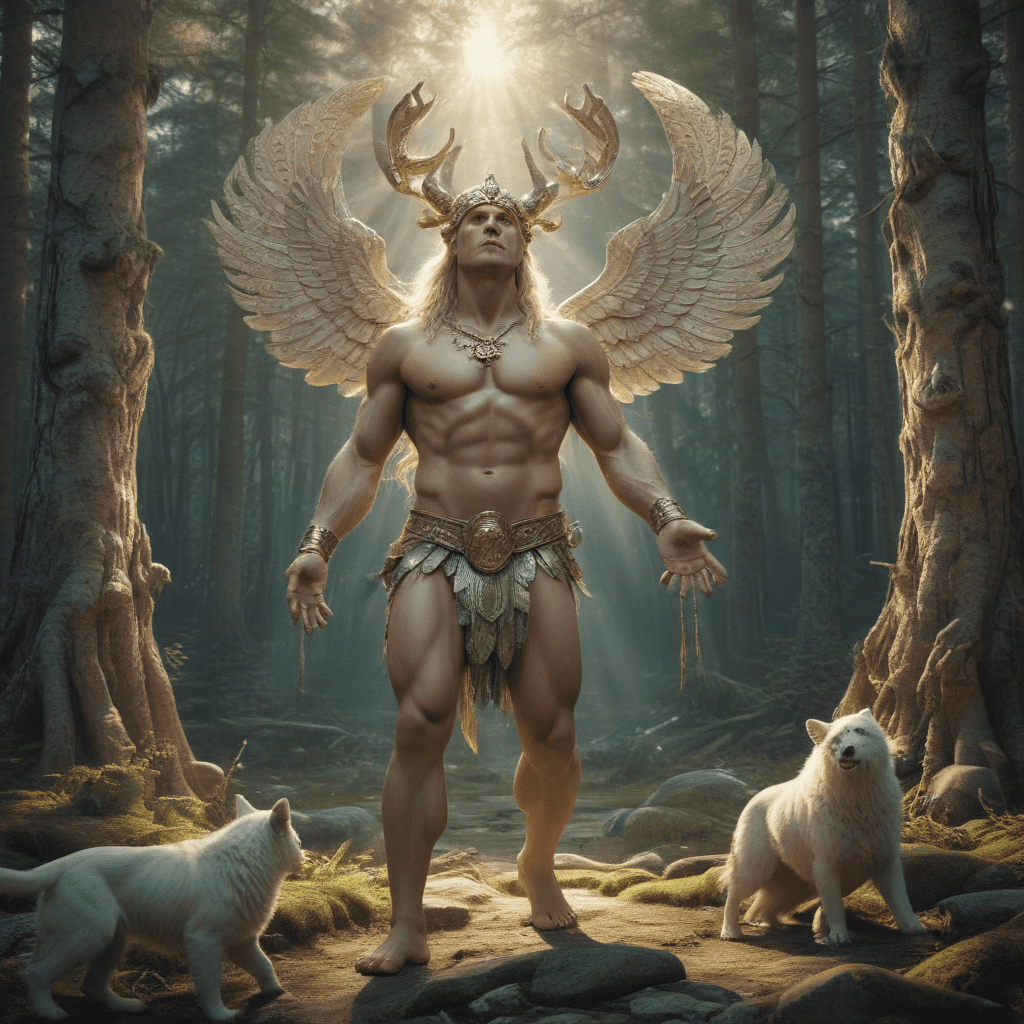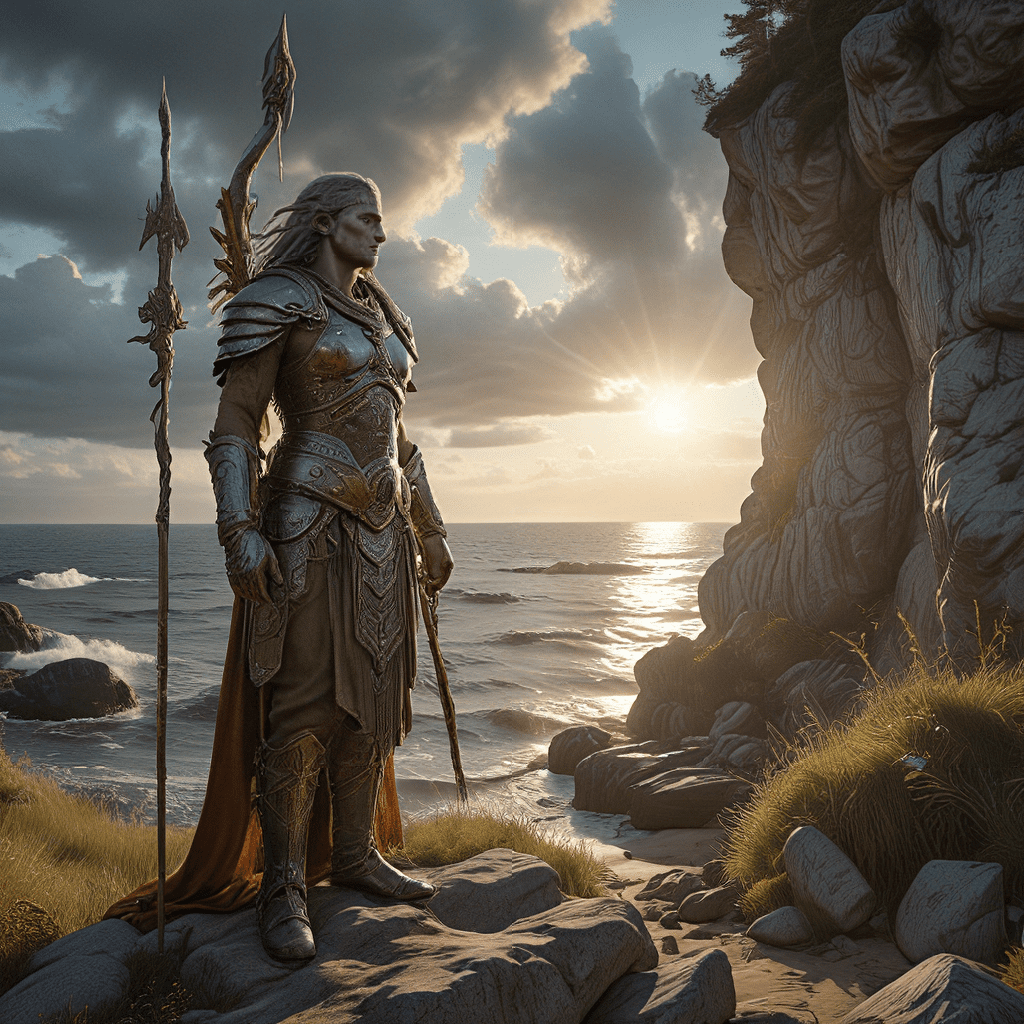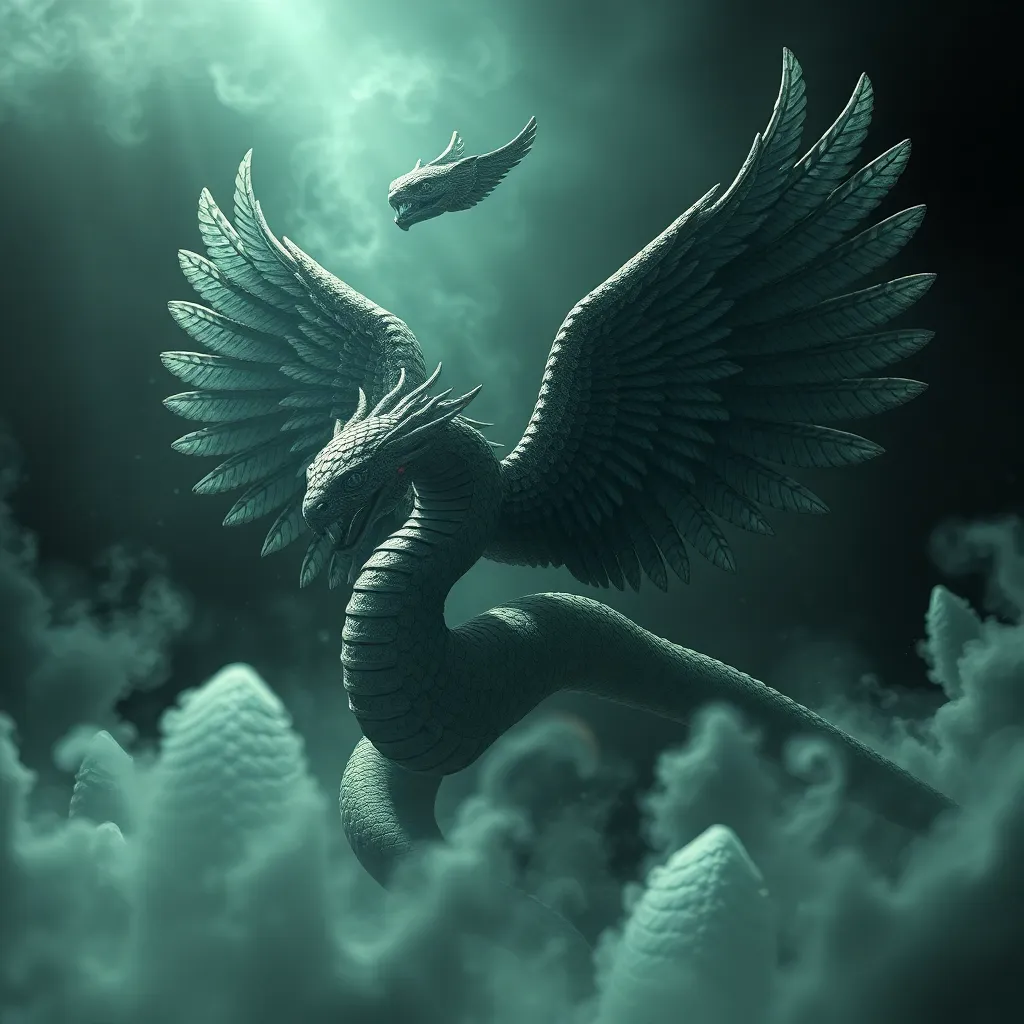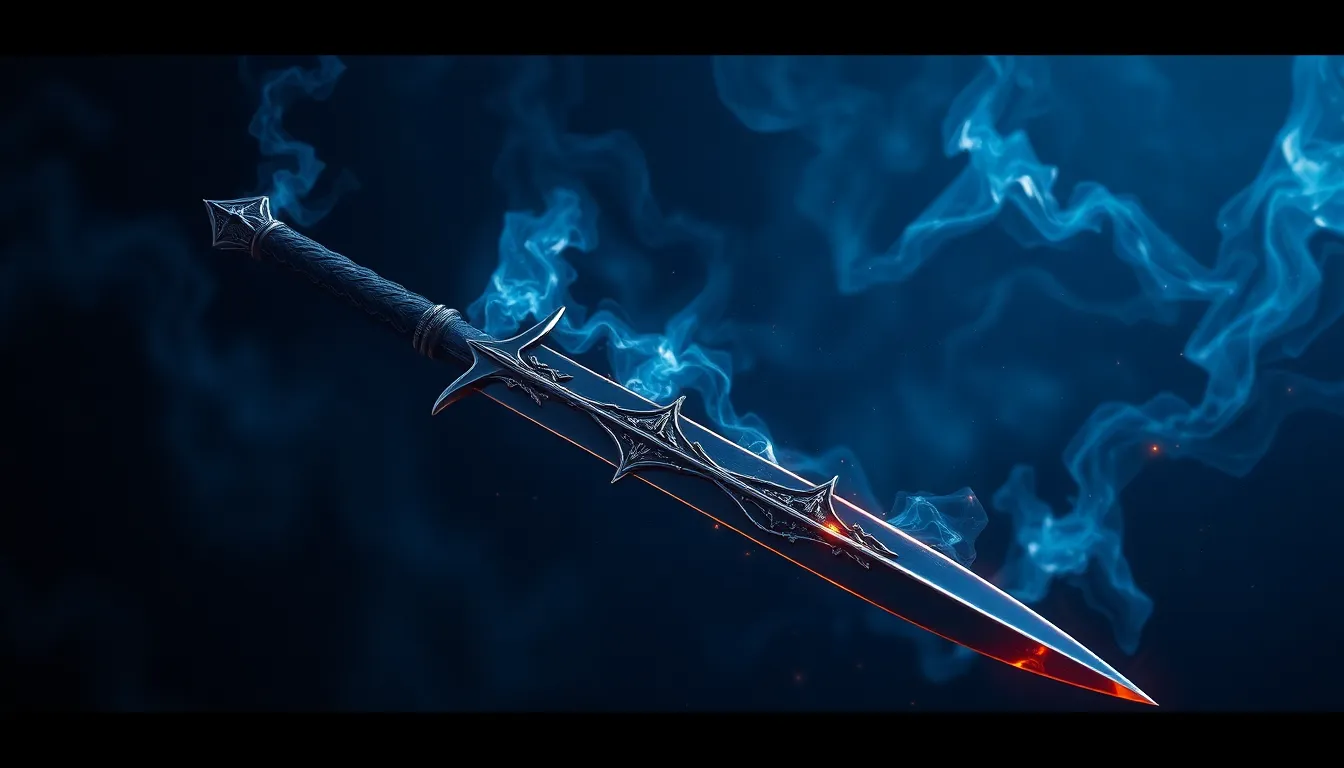1. Introduction: Humans and the Divine in Finnish Mythology
Finnish mythology is a complex and fascinating tapestry of beliefs, traditions, and stories that have been passed down through generations. At the heart of this mythology lies an intricate relationship between humans and the divine, with various deities, spirits, and heroes playing significant roles in shaping the lives and destinies of mortals.
2. The Creation Myth and the Role of Väinämöinen
The Finnish creation myth tells the story of Väinämöinen, a primordial sage, who emerges from the primordial sea and creates the world through his incantations and songs. Väinämöinen is a central figure in Finnish mythology, representing wisdom, knowledge, and poetic inspiration. He serves as a mediator between the divine and human realms, guiding mortals and shaping their lives.
3. The Forest Spirit, Väinämöinen’s Connection to Nature
Väinämöinen has a deep connection to nature, particularly the forests, which are considered sacred in Finnish mythology. The forest is believed to be the dwelling place of spirits and deities, and it is where Väinämöinen draws his power. His wisdom and knowledge come from his communion with the spirits of the forest, and he is often depicted as a guardian of the natural world.
4. The Sky God, Ukko, and His Influence on Human Affairs
Ukko, also known as the Thunderer, is the supreme god in Finnish mythology. He reigns over the heavens and controls thunder, lightning, and rain. Ukko is both feared and respected by mortals, as his wrath can bring destruction, while his favor can bring prosperity. He represents the unpredictable forces of nature and the capricious nature of the divine.
5. The Goddess Louhi: Magic, Power, and the Underworld
Louhi is one of the most prominent goddesses in Finnish mythology. She is associated with magic, power, and the underworld. She resides in Pohjola, a mythical land of cold and darkness, and she possesses formidable powers. While Louhi can be a benevolent figure, she is also known for her cunning and her willingness to use her power for her own ends.
6. The Hero Kullervo: A Test of Human Limitations
Kullervo is a tragic figure in Finnish mythology, whose story explores the limits of human endurance and the consequences of violence. Born to an unhappy family, Kullervo is abandoned as a child and subjected to abuse and mistreatment. He becomes a warrior of great strength and skill, but his anger and resentment lead him to commit terrible deeds. Kullervo's story serves as a cautionary tale about the destructive power of unchecked emotions and the importance of forgiveness.
7. The Väinämöinen Cycle: Epic Tales of Human-Divine Interaction
The Väinämöinen Cycle is a collection of epic poems that chronicle the adventures of Väinämöinen and his companions. These poems form the core of Finnish mythology and provide deep insights into the relationship between humans and the divine. The cycle explores themes of love, loss, wisdom, and the struggle against evil. Väinämöinen's wisdom and guidance help mortals navigate the challenges of life, while his interactions with the gods and spirits of the underworld reveal the complex connections between the human and divine realms.
8. Shamanism and the Spiritual Connection Between Humans and the Divine
Shamanism plays a significant role in Finnish mythology. Shamans are spiritual practitioners who mediate between the human and divine realms, seeking guidance and healing from the spirits. Through rituals and trance states, shamans communicate with the spirits, performing ceremonies to ensure the well-being of the community. Shamanism emphasizes the interconnectedness of all living things and the importance of living in harmony with nature and the divine.
9. The Influence of Nature on Human Destiny in Finnish Myths
Nature is a central force in Finnish mythology, influencing the lives and destinies of mortals. Forests, lakes, and rivers are believed to be inhabited by spirits and deities, and the natural world is seen as an integral part of the divine realm. Humans are deeply connected to nature, and their actions can have profound consequences for the environment and the balance of the world. Finnish myths often emphasize the importance of respecting and preserving the natural world, as it is the source of life and spiritual sustenance.
10. The Legacy of Finnish Mythology and Its Impact on Finnish Culture
Finnish mythology has had a profound impact on Finnish culture and identity. The stories, characters, and beliefs of Finnish mythology continue to inspire writers, artists, and musicians today. The mythology provides a rich source of cultural heritage and cultural identity, fostering a sense of pride and connection among Finns. Finnish mythology also influences Finnish language, traditions, and customs, shaping the way Finns perceive the world and their place within it.
FAQ
What is the central theme of Finnish mythology?
The central theme of Finnish mythology is the interconnectedness of humans and the divine, with various deities, spirits, and heroes playing significant roles in shaping the lives and destinies of mortals.
Who is the creator god in Finnish mythology?
Väinämöinen is the creator god in Finnish mythology, who emerges from the primordial sea and creates the world through his incantations and songs.
What is the significance of the forest in Finnish mythology?
The forest is considered sacred in Finnish mythology and is believed to be the dwelling place of spirits and deities. Väinämöinen, the creator god, has a deep connection to the forest and draws his power from its spirits.
What is the role of shamanism in Finnish mythology?
Shamanism plays a significant role in Finnish mythology, with shamans serving as spiritual practitioners who mediate between the human and divine realms, seeking guidance and healing from the spirits.
How has Finnish mythology influenced Finnish culture?
Finnish mythology has had a profound impact on Finnish culture and identity, inspiring writers, artists, and musicians. The mythology provides a rich source of cultural heritage and cultural identity, influencing Finnish language, traditions, and customs.



